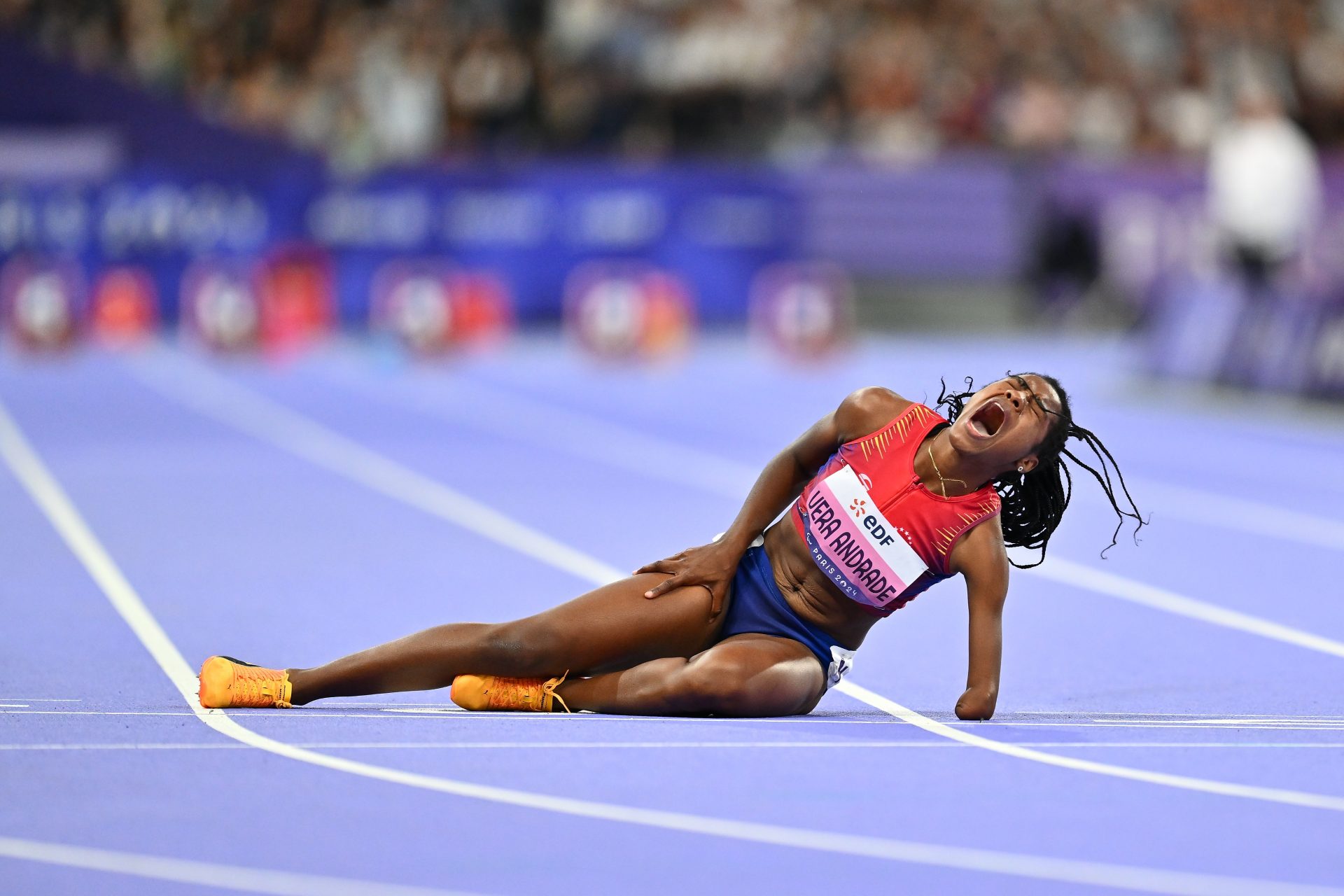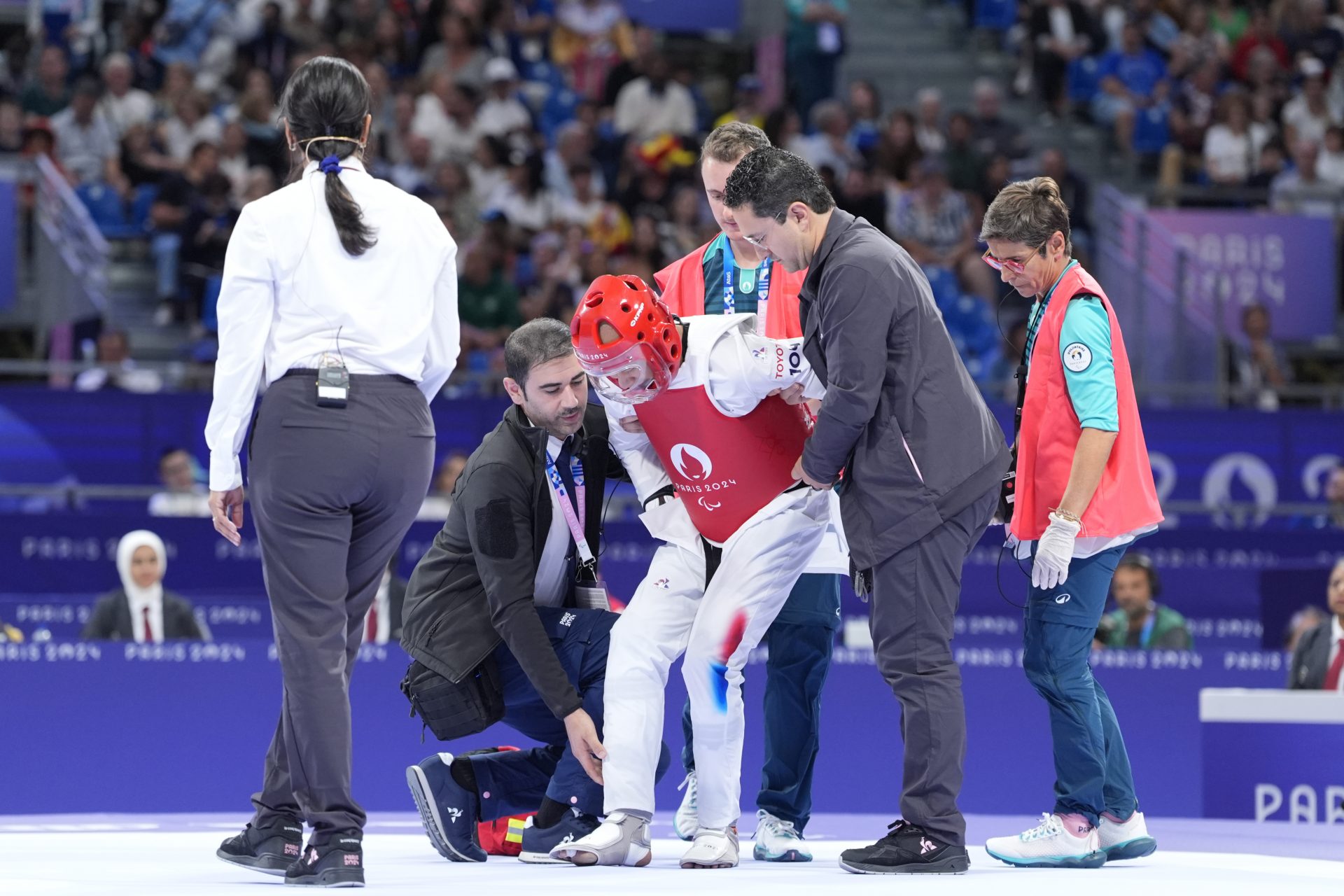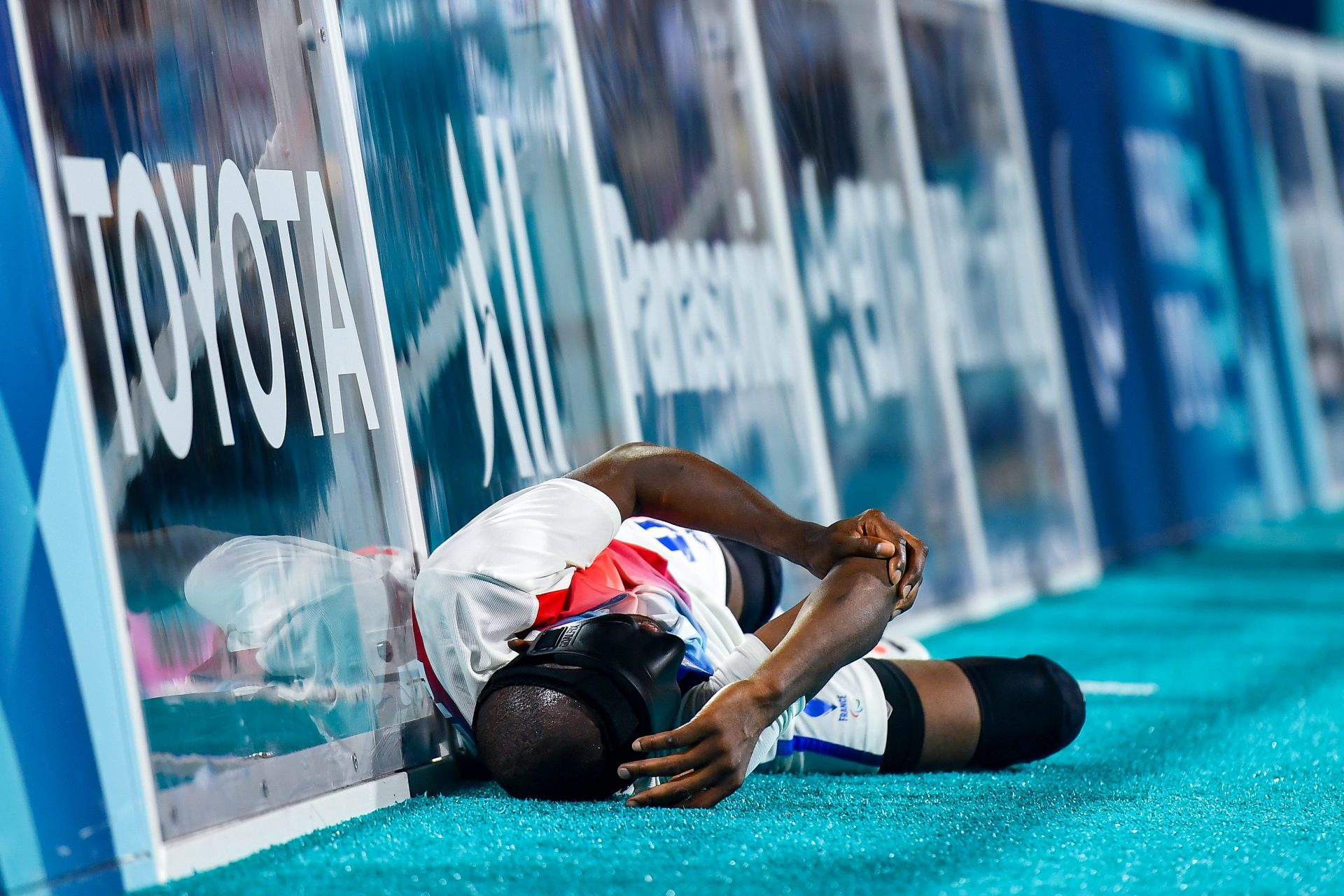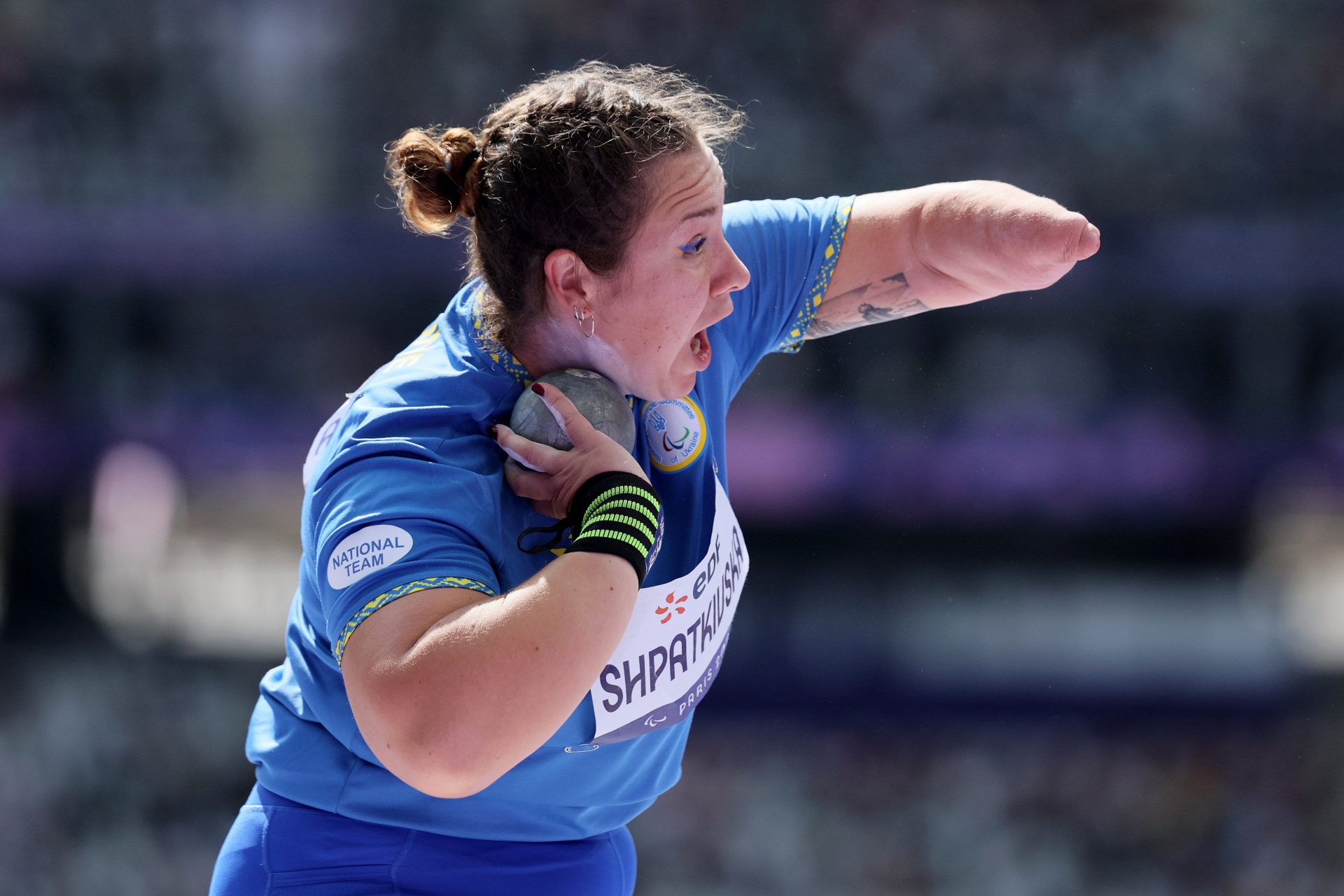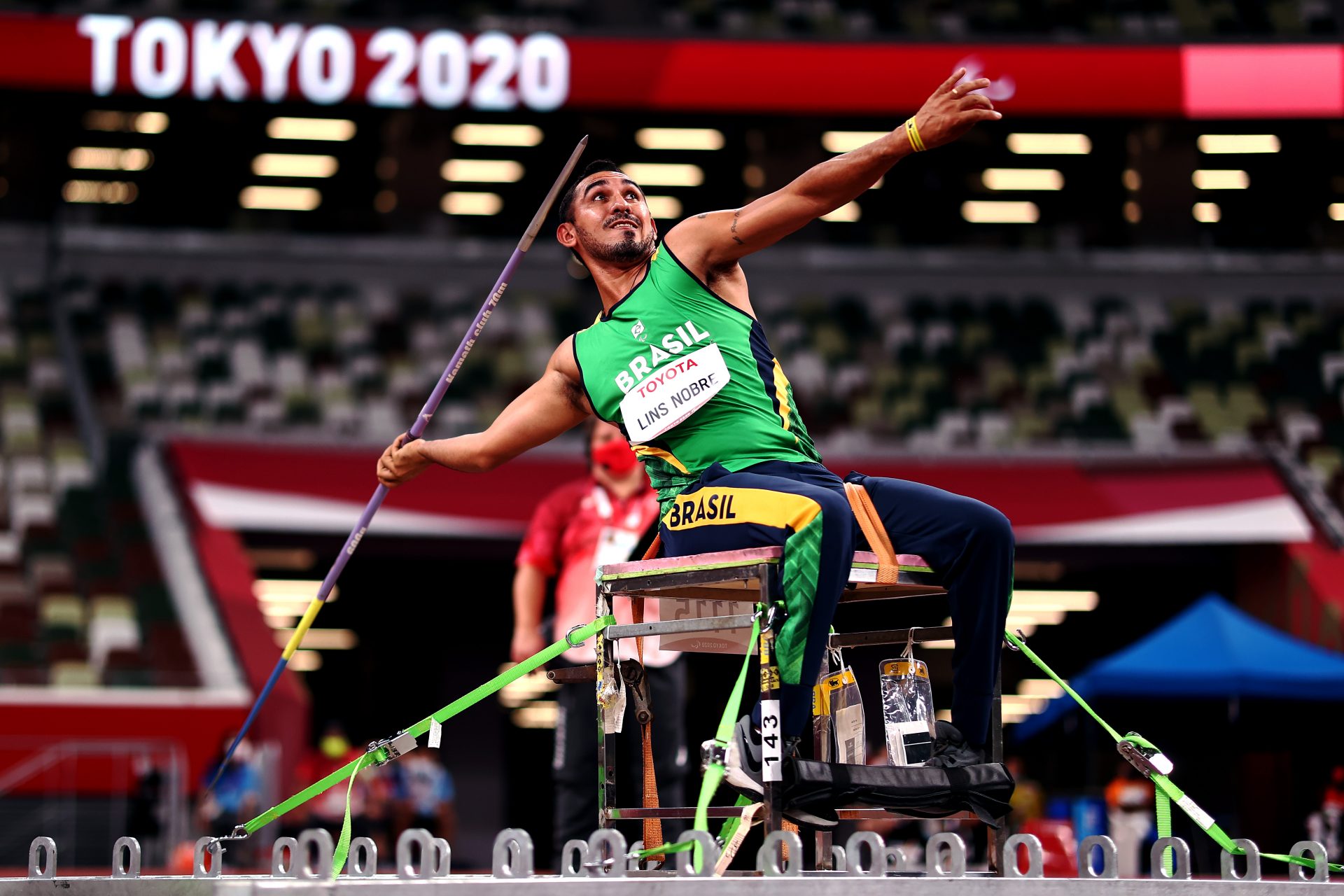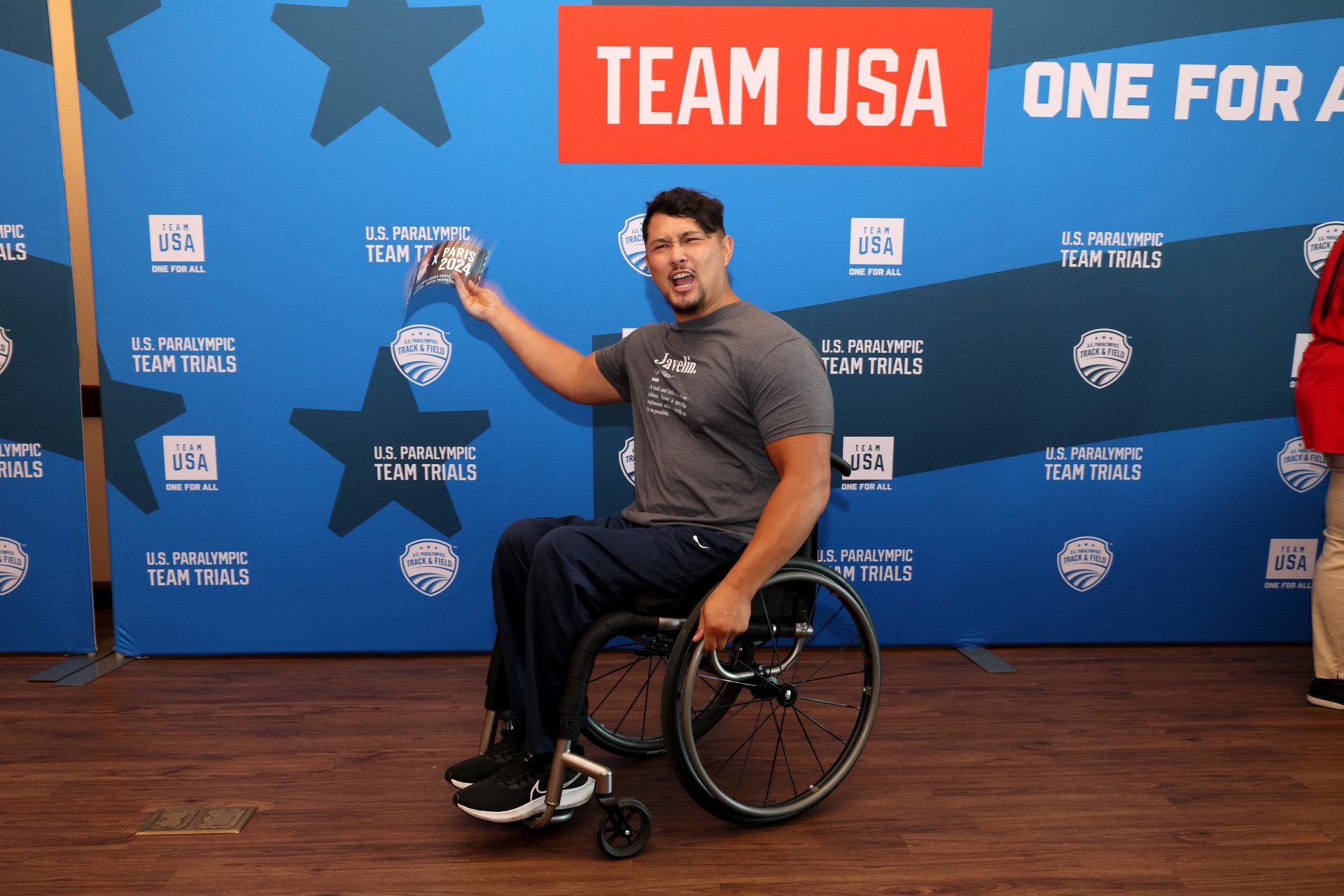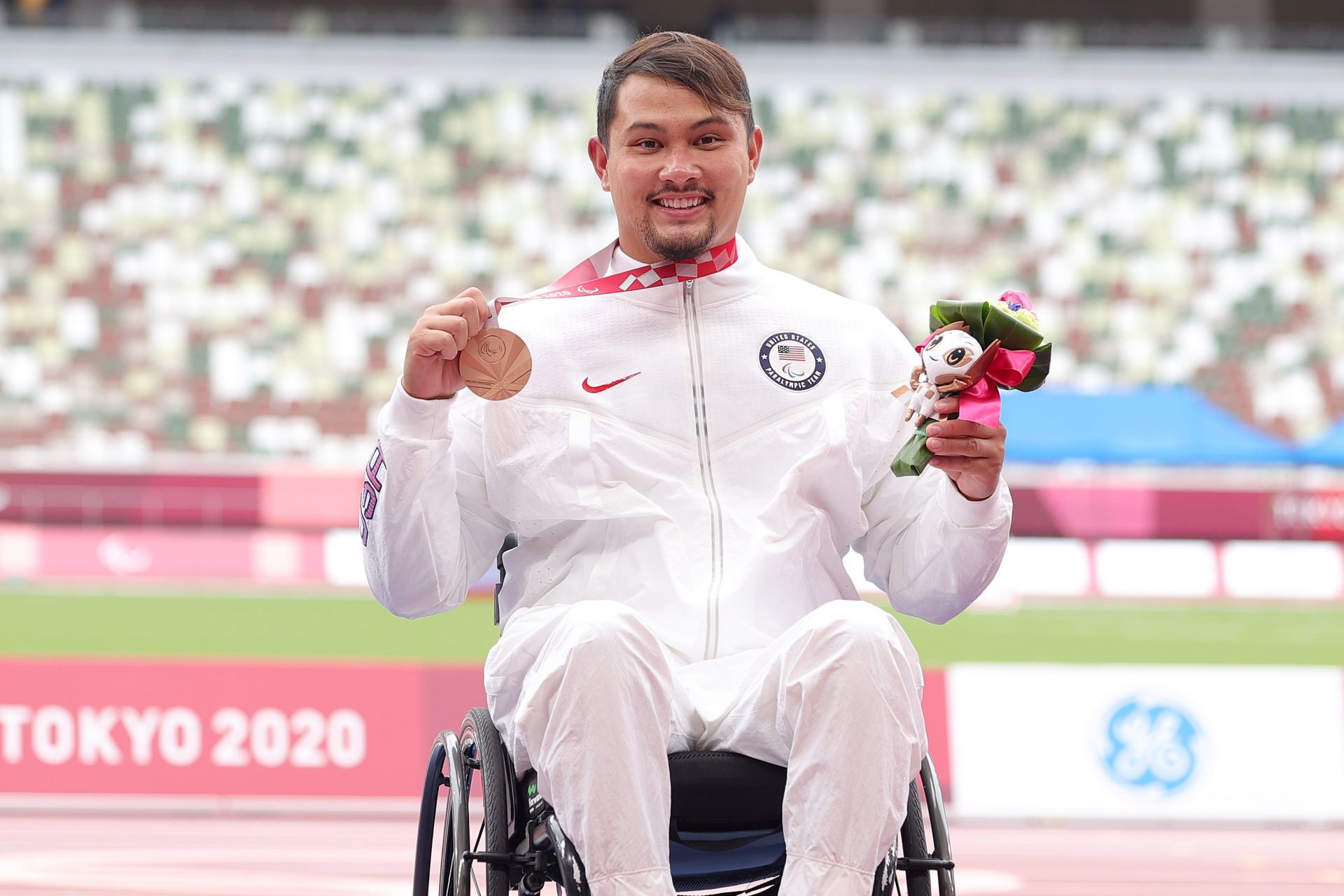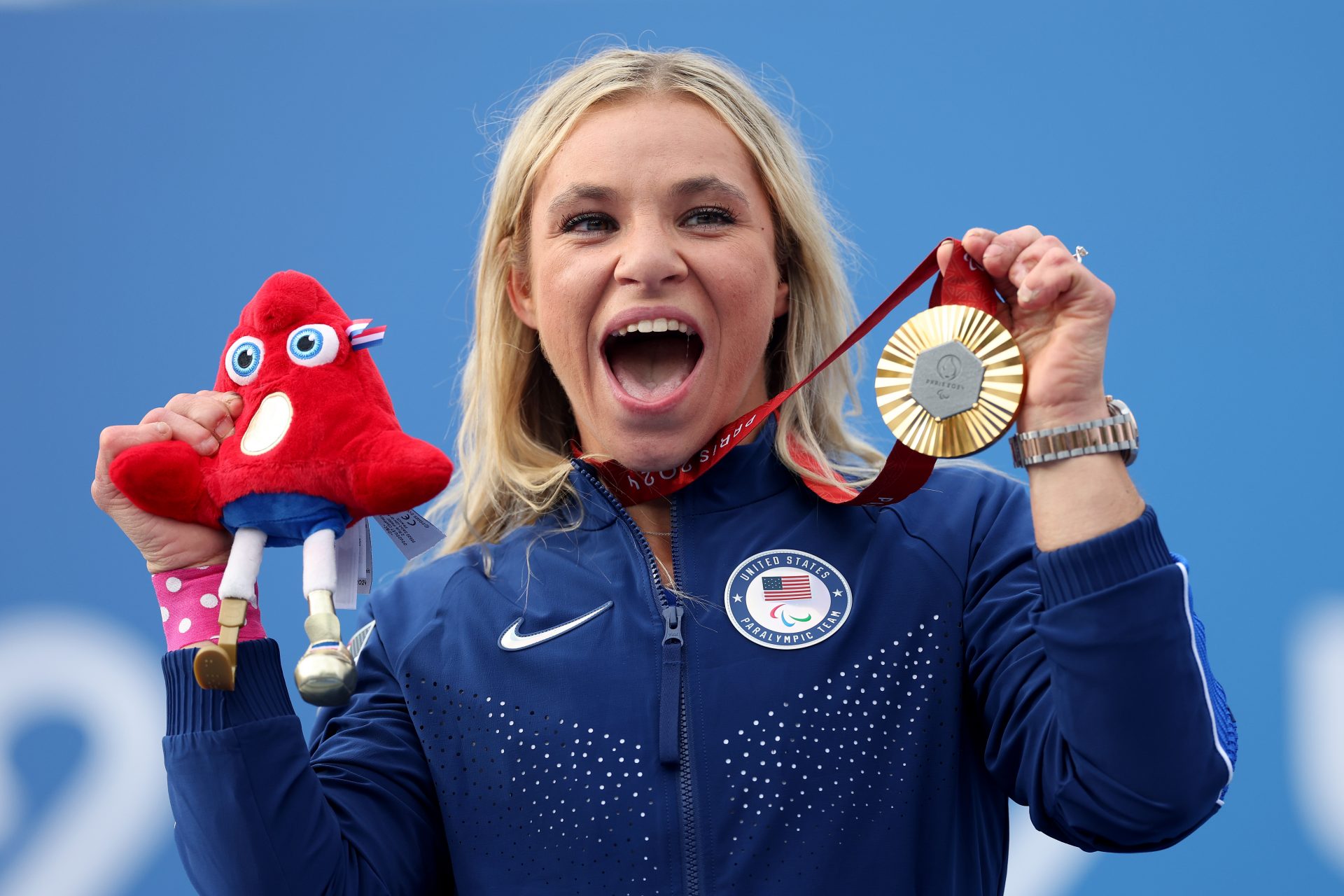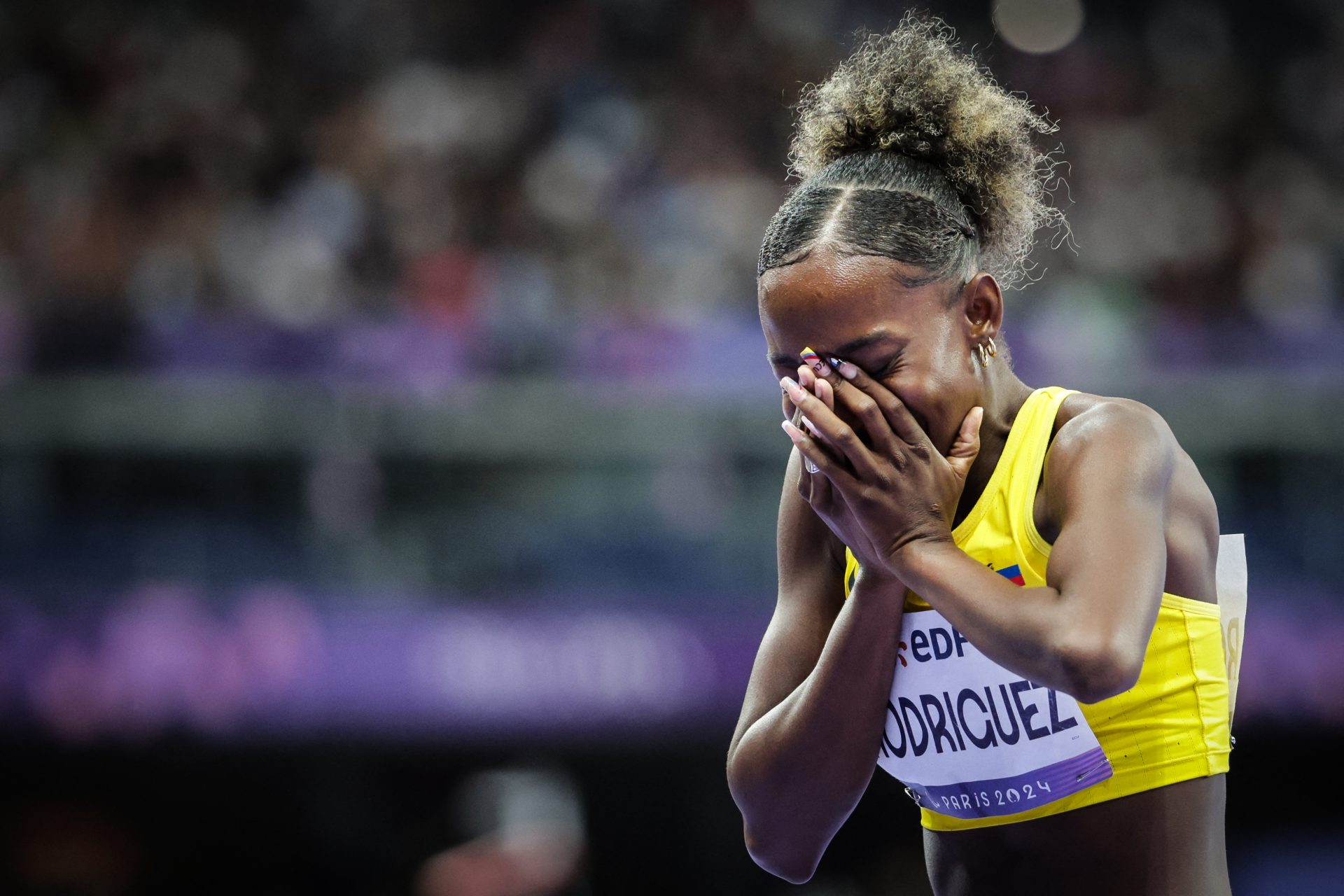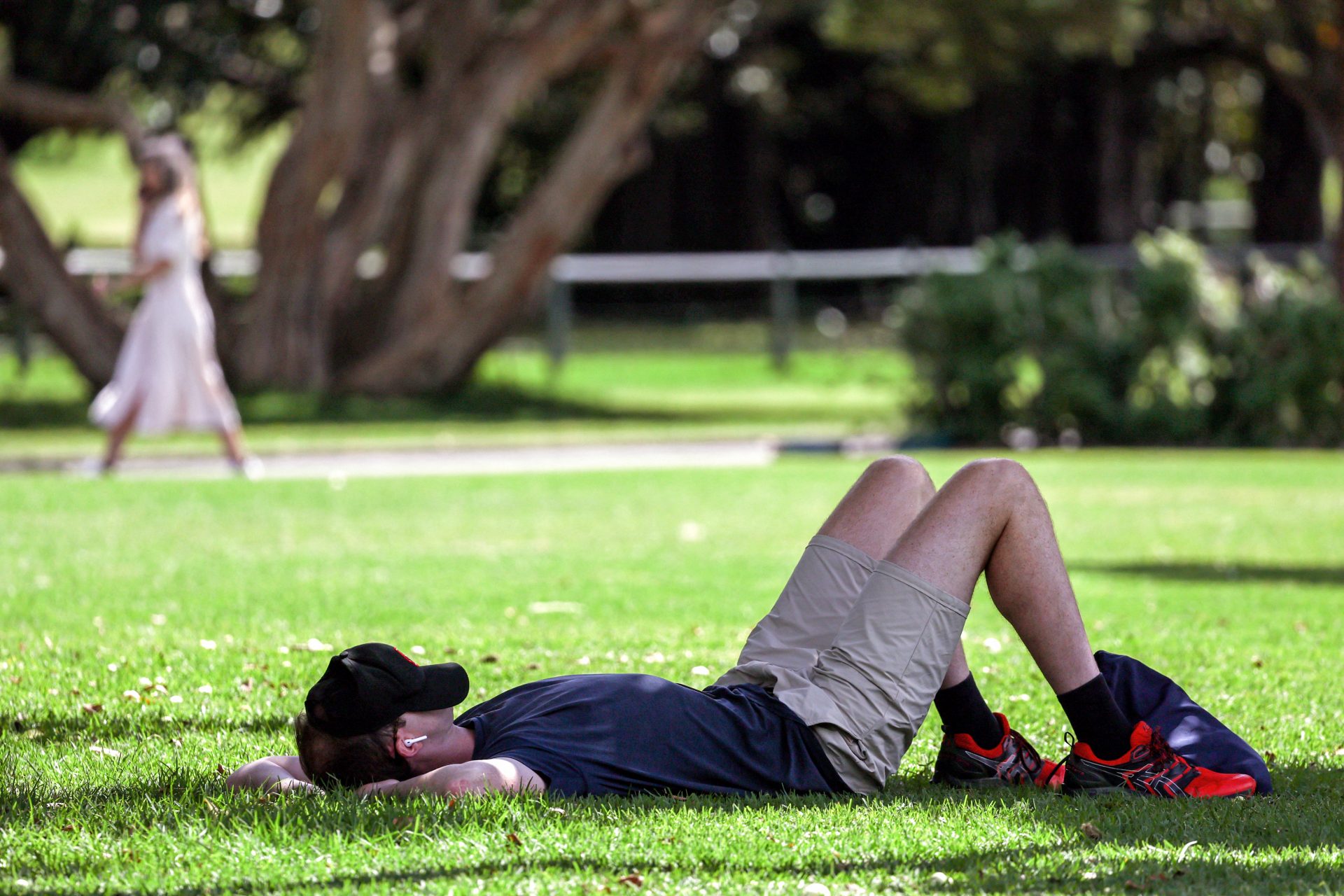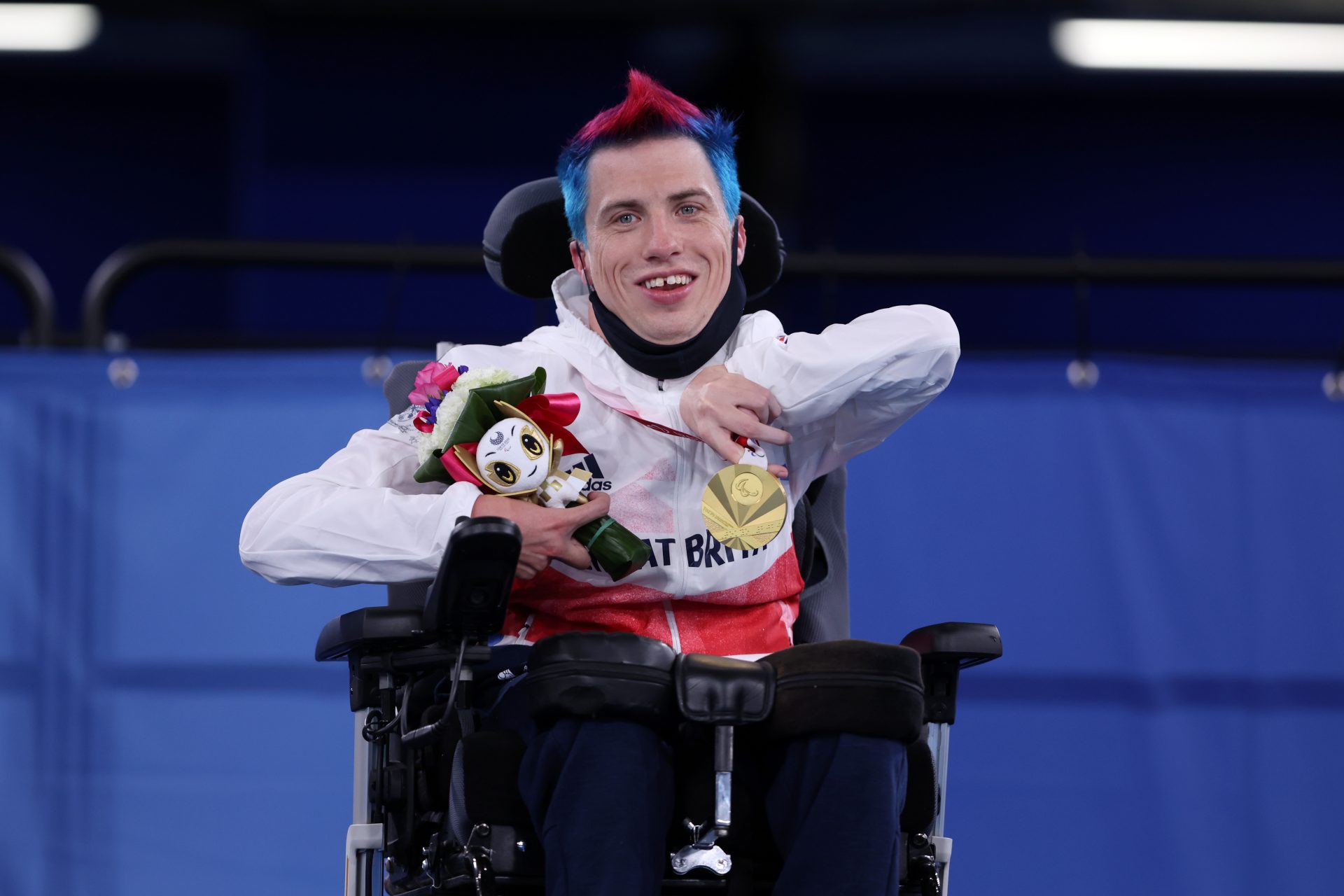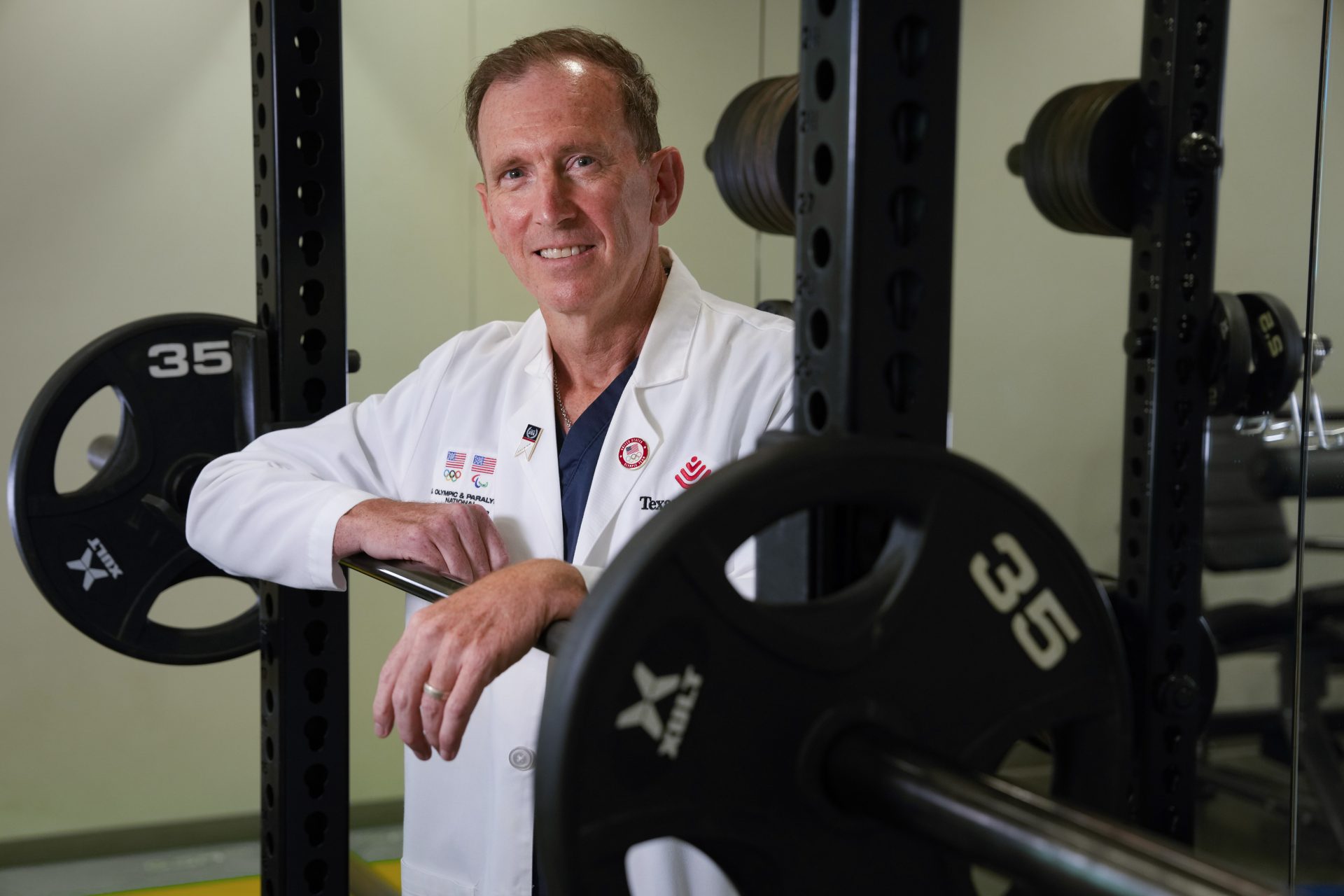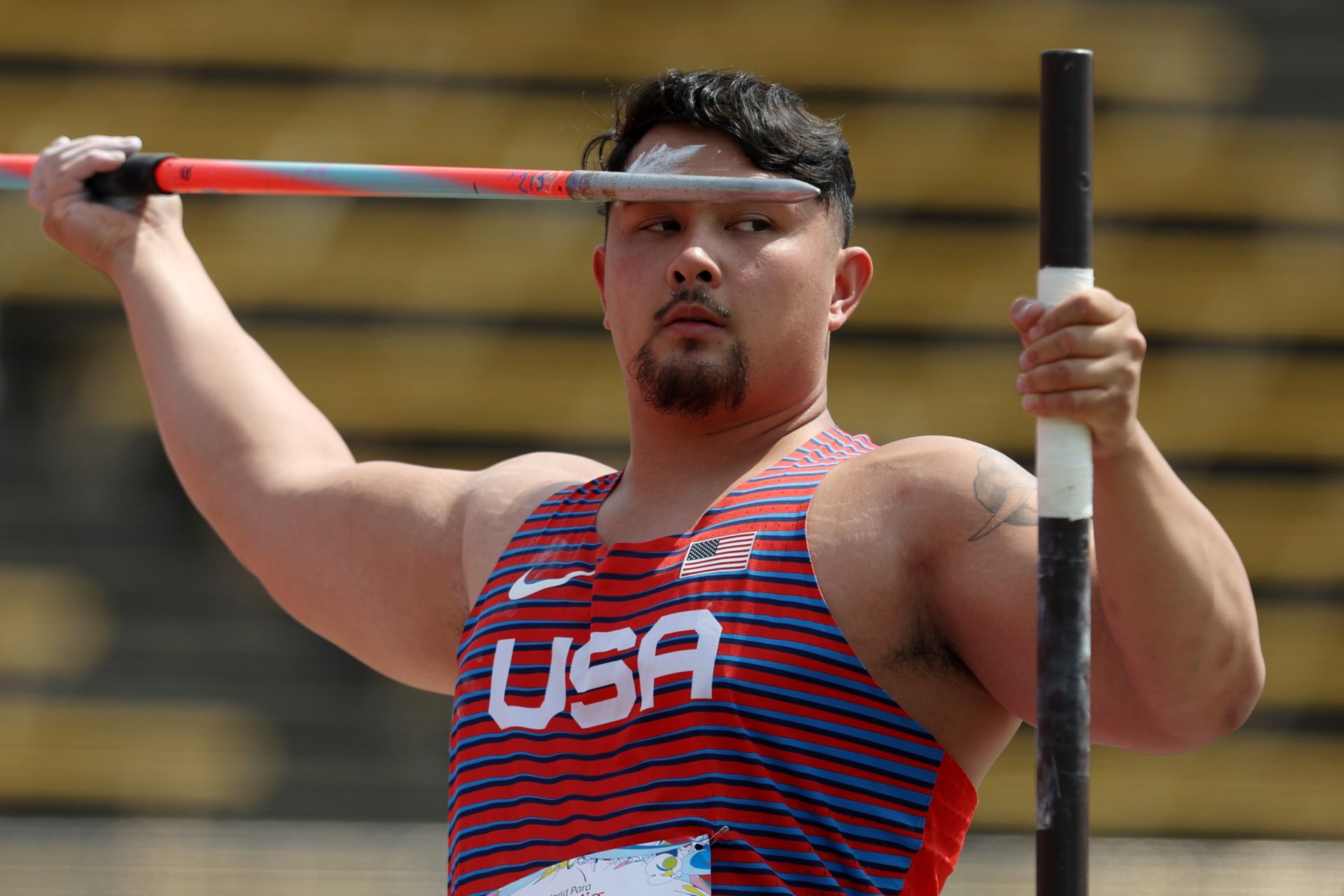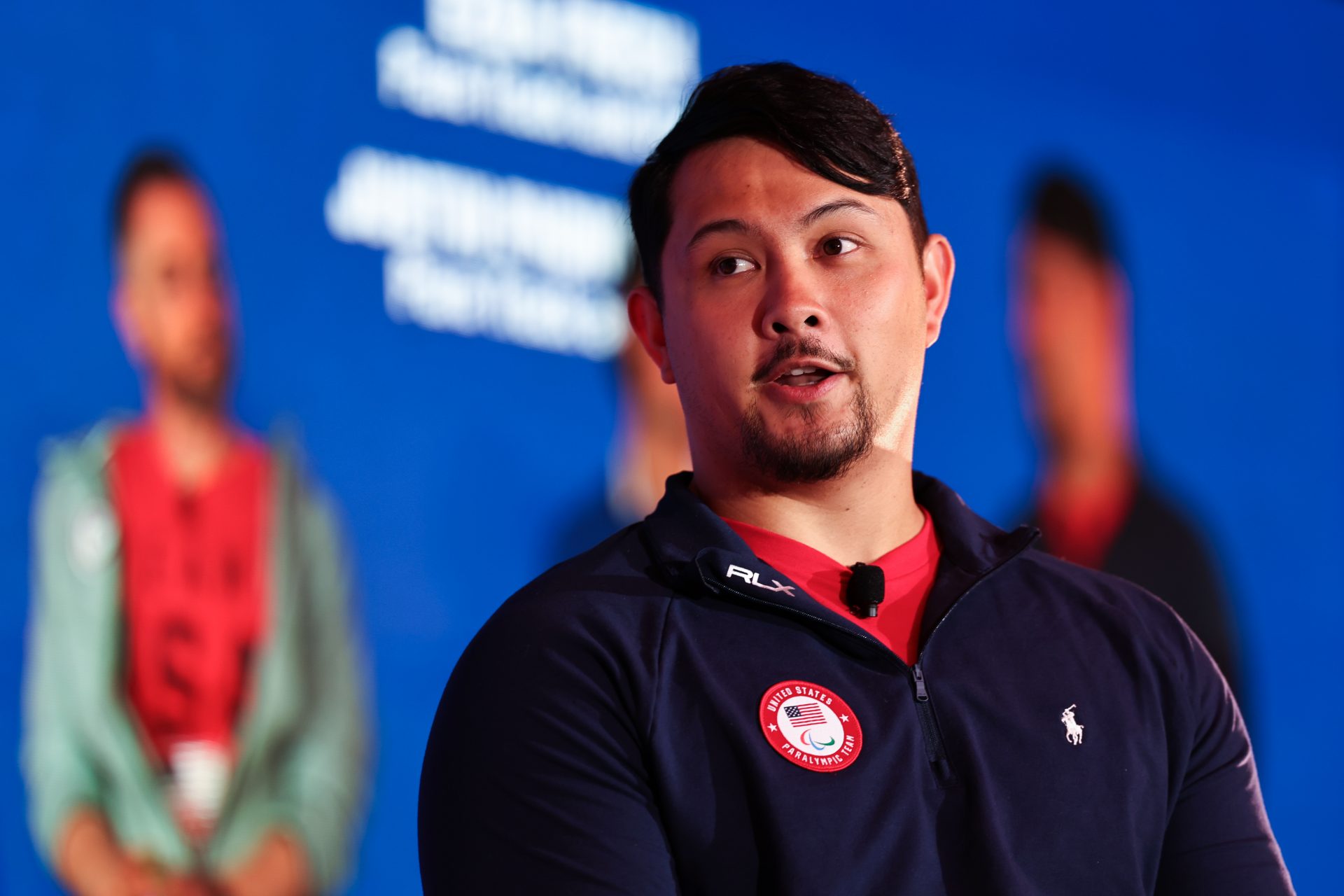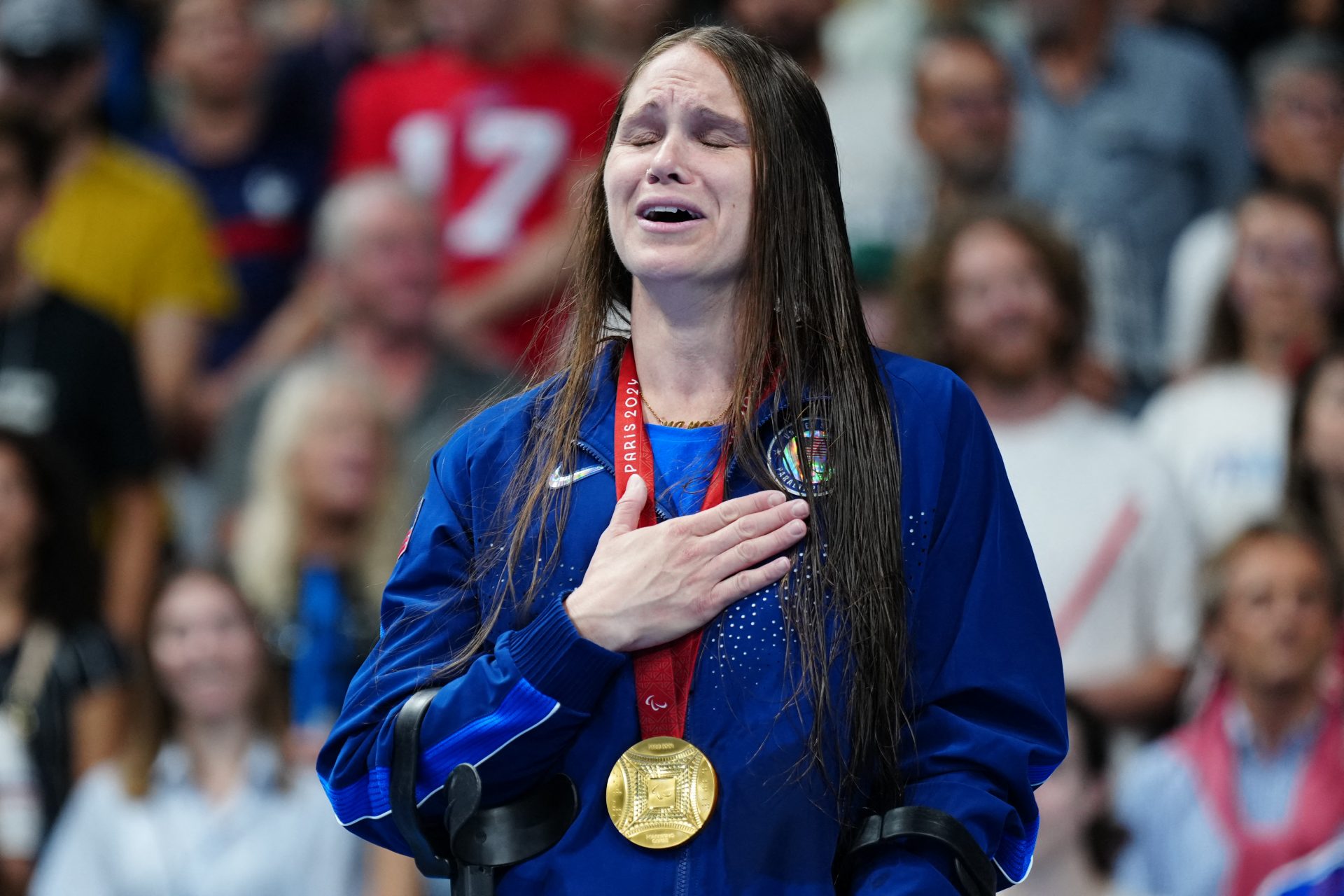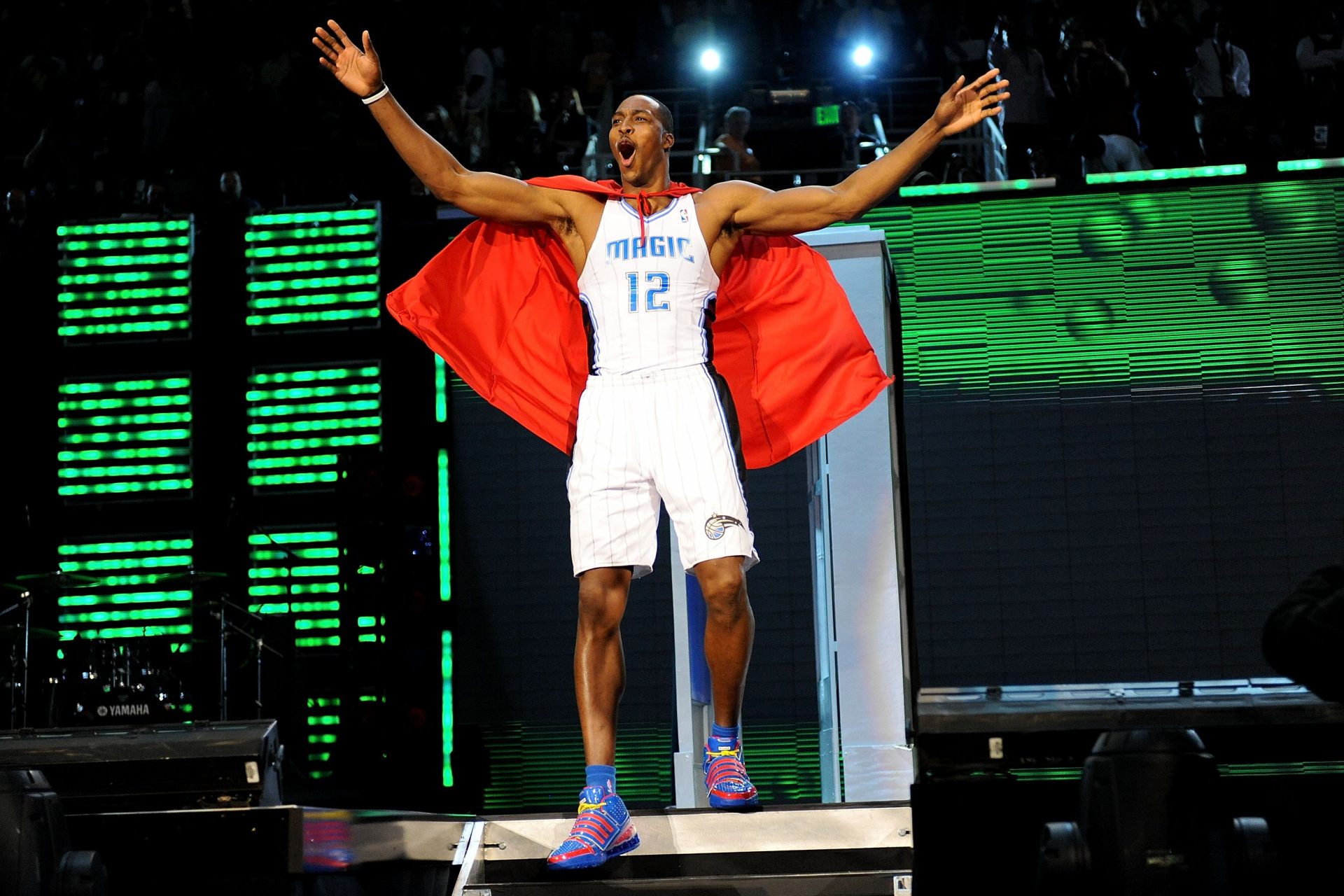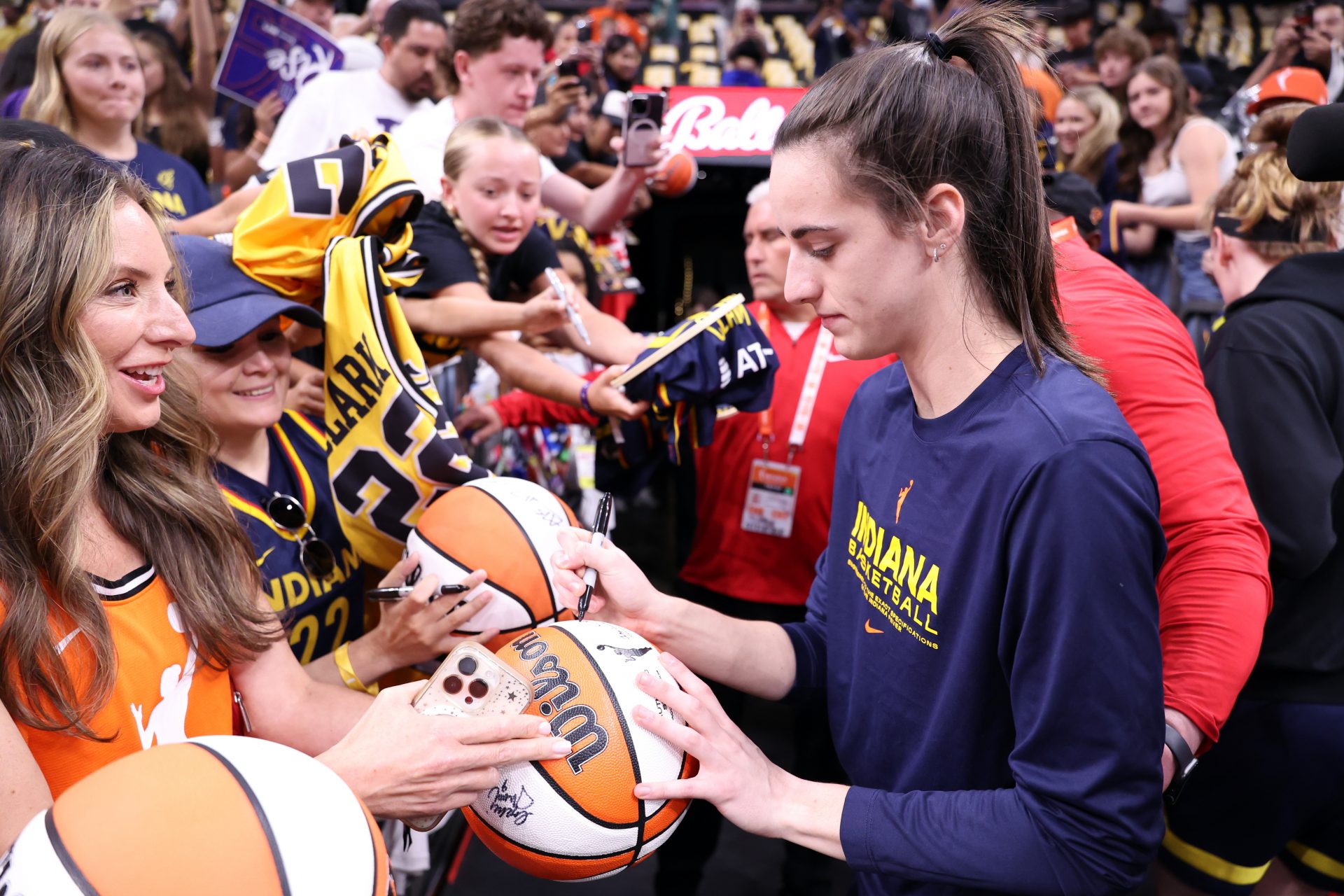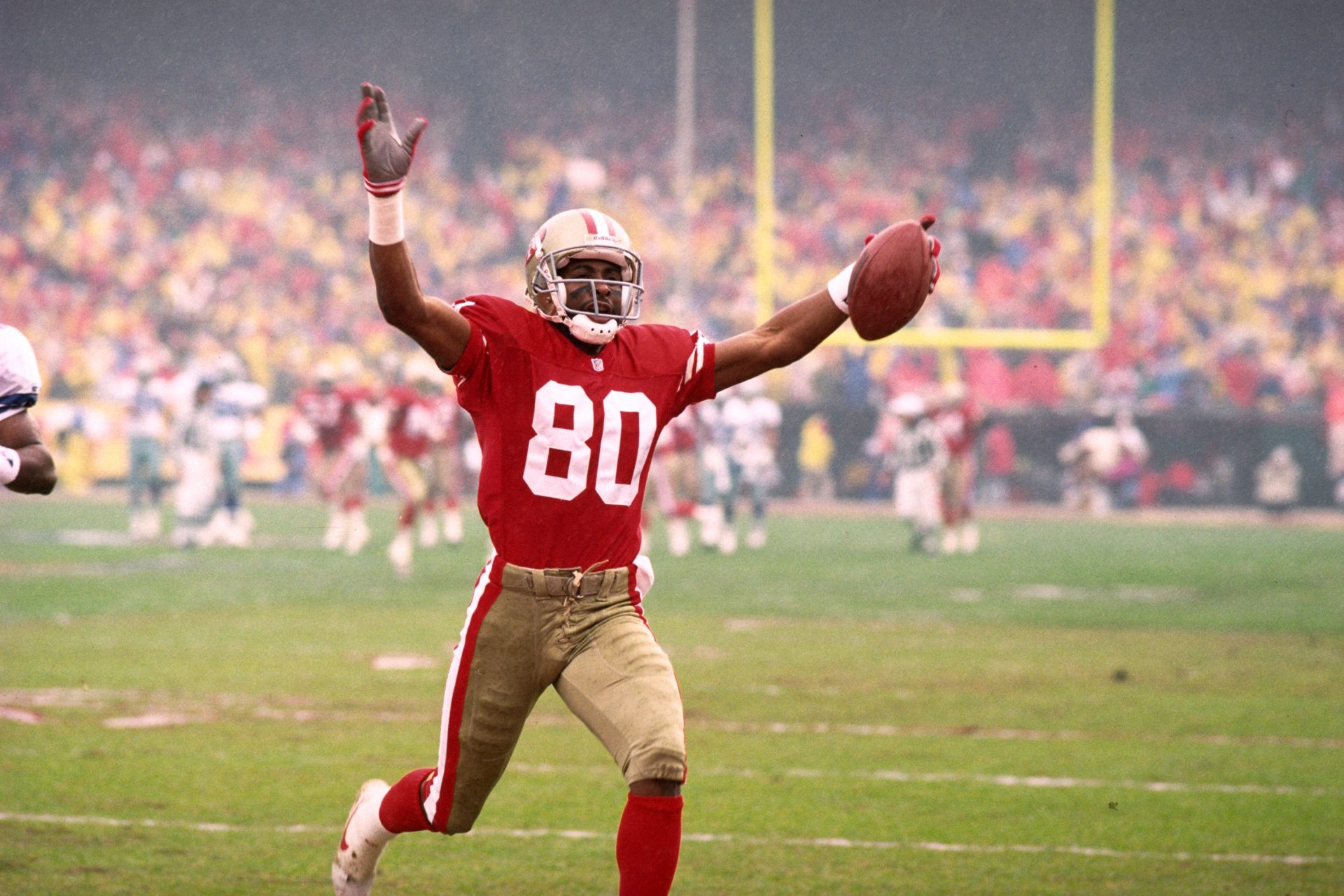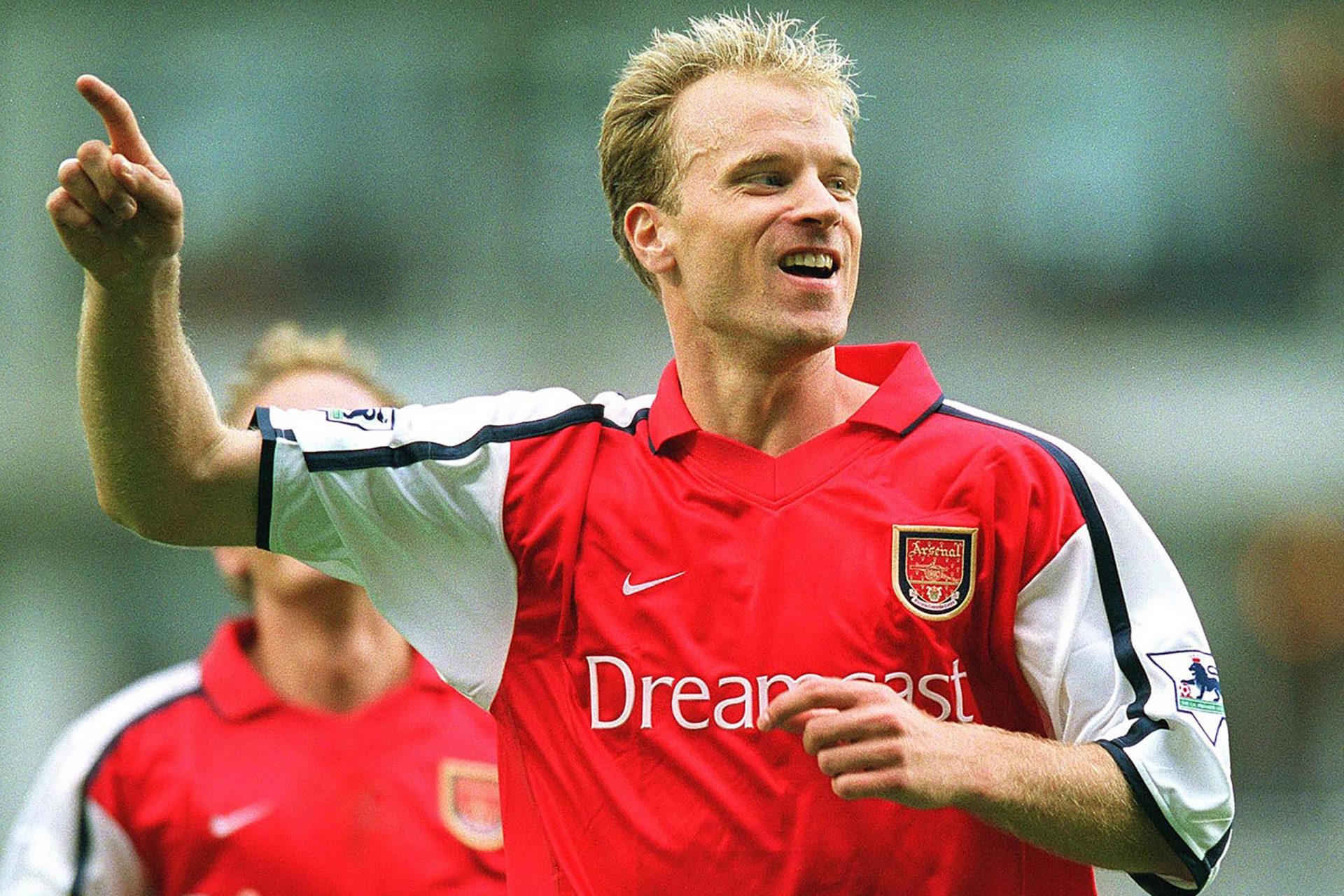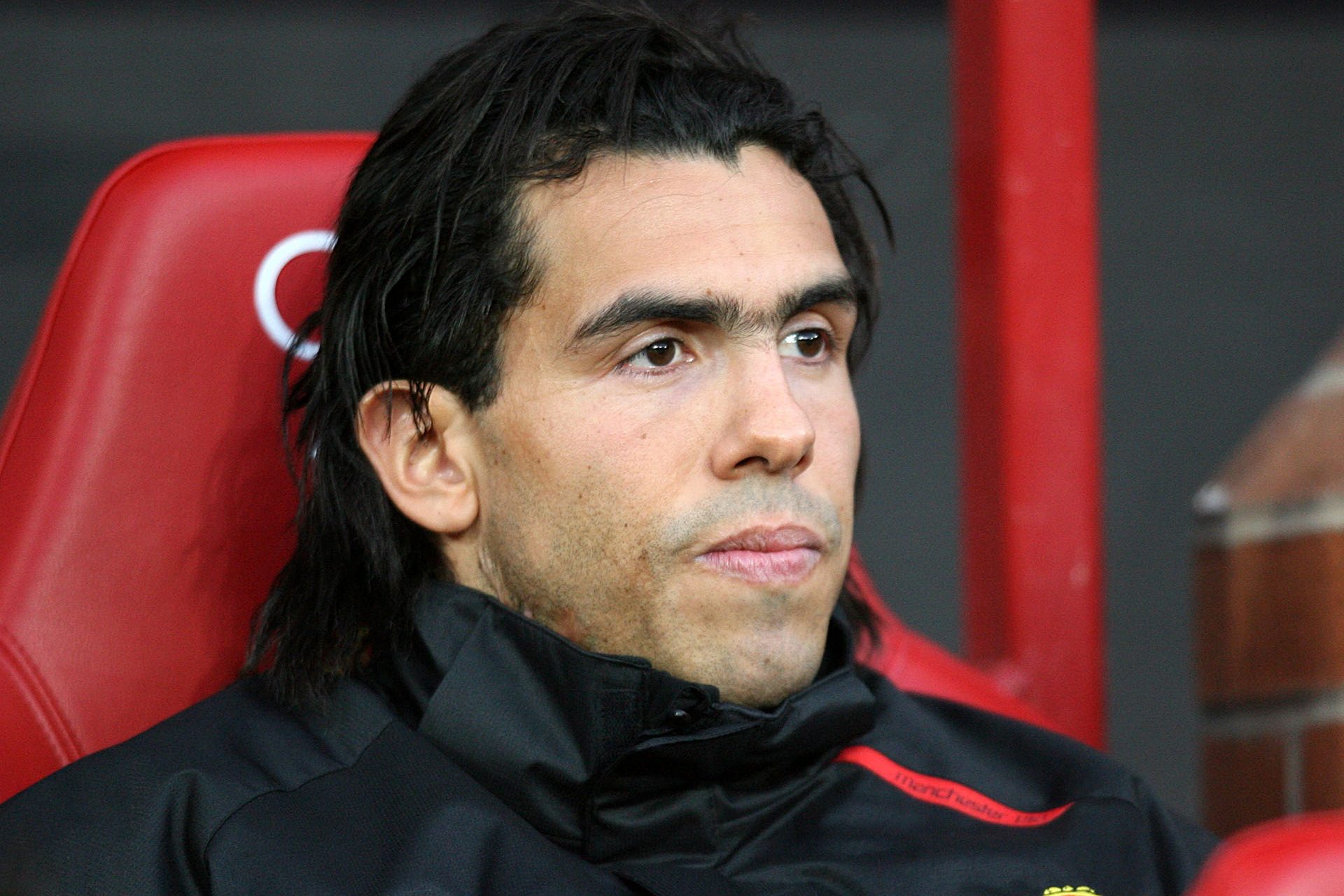The agonising price athletes paid to compete in the 2024 Paralympics
During the Paralympics, the best para-athletes in the world excelled, but not without putting heavy strain on their bodies.
According to a study from the Washington Post, Paralympic athletes had a 1.79 times greater risk of injury and a 2.44 times greater risk of illness than Olympic athletes.
Yetsa A. Tuakli-Wosornu, founding director of the Stanford Center for Sports Equity, said: "The issue with Paralympic athletes I've noticed in clinical practice is that it's not so much the injury, but it's the recovery with the ongoing activity of daily living."
Want to see more like this? Follow us here for daily sports news, profiles and analysis!
For disabled athletes, especially ones who rely on the upper half of their body to move around, injuries are more common on the arms, shoulders, wrists, and elbows.
Paralympic athletes are more prone to overusing and overtraining specific muscles. If an athlete is a javelin thrower but requires the use of their arms to get out of bed, then muscle overuse will become more prevalent.
Justin Phongsavanh, a Paralympic javelin thrower, was left paralyzed from the chest down after being shot by a stranger when he was 18. As both a javelin thrower and wheelchair user, the Team USA athlete put heavy stress on his shoulders.
In 2021, he injured both of his shoulders while training, meaning he needed assistance to get out of bed in the morning. "I literally could not leave my bed except to use the bathroom or eat for ten days."
Phongsavanh eventually healed enough to compete at the Tokyo Olympics, where he won a bronze medal. According to the Paralympic website, he currently holds the world record in the F54 event with a throw of 33.29m.
Paralympic athlete Oksana Masters said: "When you think about Olympians, there are ways they can recover entirely in their sport where they're not using their arms over and over. The hardest part for Paralympians is the day in and day out of life and not pushing yourself in between."
Getting good sleep is an essential foundation for good recovery, but for some Paralympic athletes, their disabilities can make it challenging to have a good rest on a nightly basis.
Want to see more like this? Follow us here for daily sports news, profiles and analysis!
Milan Milosevic, an occupational and sports medicine specialist at the University of Zagreb, believes disabilities such as spinal cord injuries or amputations are associated with sleep disorders and insomnia.
Because it's so hard for some Paralympic athletes to rest, they never fully recover, making them more susceptible to repeated injuries or chronic problems.
When para-athletes finish at a competition like the Paralympic Games, they need doctors who specialise in sports medicine and para-athletes.
U.S. Paralympic javelin thrower Phongsavanh said finding a doctor at home who could help with recovery was tough.
"When you try to find a doctor that's knowledgeable in spinal cord injuries and sports injuries, now it's tough; now you're getting specific."
Understanding how to treat an athlete with disabilities is more complex, but investment should be made into para-sports to keep these athletes in the best possible condition they can be in.
Want to see more like this? Follow us here for daily sports news, profiles and analysis!
More for you
Top Stories



